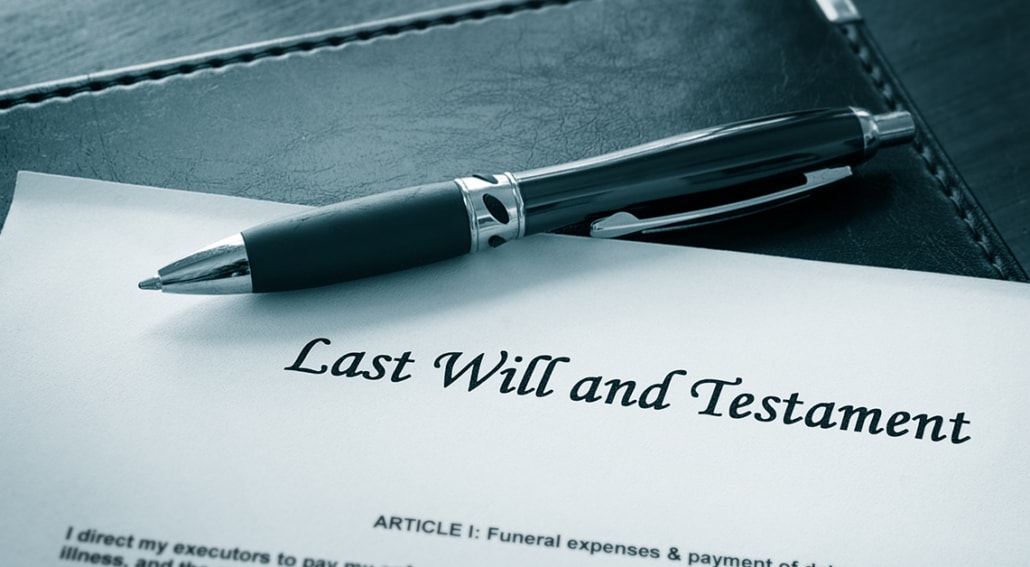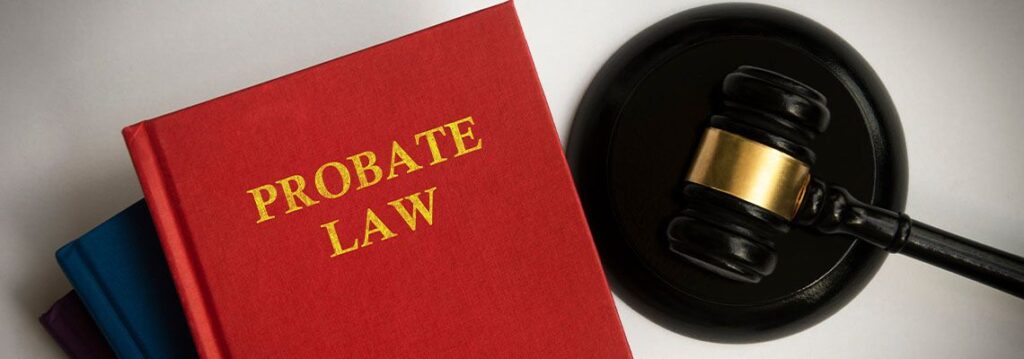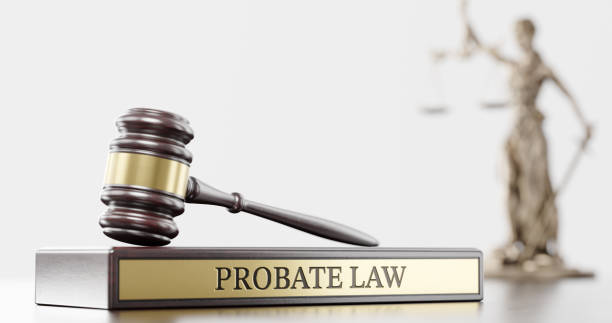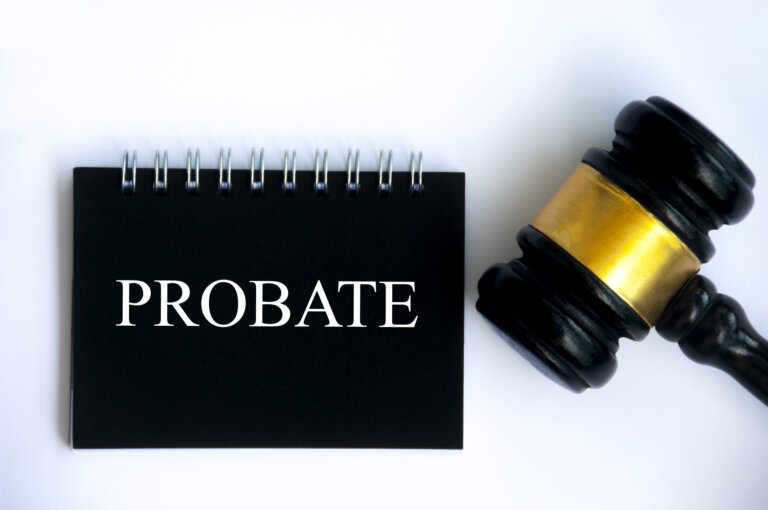If you’ve ever wondered whether an unsigned will is accepted in Texas probate, you’re not alone. This question tends to come up during emotionally charged moments—often after a loved one passes away and families are left trying to piece together intentions, documents, and legal requirements. The short answer? In most cases, an unsigned will is not accepted in Texas probate. But, as with most things in law, there are nuances—and that’s what we’re diving into here.
Let’s unpack what Texas probate law actually says about unsigned wills, and walk through real scenarios where this issue becomes more than just a technicality. You’ll get a clear understanding of your legal options, the consequences of failing to sign a will, and what courts really look for when deciding whether to honor someone’s final wishes.

Why Signature Matters in Texas Probate
The law in Texas places a lot of weight on formalities. And for good reason—probate courts must be certain that the will they’re reviewing truly reflects the deceased person’s intent. That’s why one of the first things a judge checks is whether the will was signed.
What Makes a Will Valid in Texas?
To be valid under Texas law, a will must meet these core requirements:
- It must be in writing
- The testator (the person making the will) must be at least 18 years old and of sound mind
- The will must be signed by the testator or by someone at the testator’s direction and in their presence
- It must be witnessed by at least two credible individuals (unless it’s a holographic will)
So, where does the question of an unsigned will accepted in Texas probate come in? Right at the signature requirement. Without a signature, the court lacks proof that the testator intended to finalize and approve the document.
Real-Life Example: When an Unsigned Will Sparked a Family Feud
Imagine this: Linda, a 67-year-old retired schoolteacher in Austin, drafts a new will with her attorney after a falling out with her oldest son. In the new version, she wants to leave her house to her daughter and a small inheritance to her grandchildren. She emails the draft to her lawyer but passes away suddenly the next day—before signing it.
Her daughter brings the unsigned will to court, hoping to honor her mom’s updated wishes. But her brother contests it. What happens?
Under Texas law, Linda’s unsigned will typically won’t be accepted in probate. Instead, her prior signed will—dated from five years earlier—or even intestacy laws (which divide assets among next of kin when no valid will exists) would likely determine who gets what.
Can an Unsigned Will Ever Be Accepted in Texas Probate?
This is where it gets tricky. Generally, the answer is no. But there are rare exceptions where courts might consider extrinsic evidence to validate an unsigned will—though these are extremely limited and case-specific.
Exception #1: A Holographic Will
Texas is one of the few states that accepts handwritten wills—called holographic wills—even without witnesses. However, they must still be signed by the testator. So if someone writes their wishes in their own handwriting but forgets to sign it? Still not valid.

Exception #2: Clear and Convincing Evidence of Intent
In extremely rare cases, Texas courts might consider outside evidence to prove the decedent’s intent. For instance, if multiple witnesses—including the drafting attorney—testify that the deceased reviewed the will, approved the contents, and planned to sign it imminently, a court might entertain a hearing. But again, this is the exception, not the rule.
In the case of an unsigned will accepted in Texas probate, the bar is incredibly high. Judges are reluctant to set precedents that open the door to fraud or confusion.
Understanding “Testamentary Intent”
A major reason unsigned wills fail in probate is the lack of what’s called “testamentary intent.” That’s a legal term for the testator’s clear, final decision to distribute their assets in a certain way.
If a will isn’t signed, the court can’t be sure the testator meant for that document to serve as their final say. Maybe it was just a draft. Maybe they changed their mind. The signature seals the deal—without it, even the most carefully worded will can fall apart.
Electronic Wills: A New Frontier?
In recent years, Texas has started to modernize its approach to wills. As of 2019, the state allows for the creation of electronic wills under certain circumstances. But even those require an electronic signature and compliance with strict statutory procedures.
So, while the format may change, the signature requirement remains. An unsigned will—even if created on a computer—is still not accepted in Texas probate under current laws.
Legal Workarounds: What Can You Do If You Find an Unsigned Will?
If you’re in a situation where your loved one left behind an unsigned will, here are some possible avenues to explore:
1. Search for a Signed Version
Check with the decedent’s attorney, email records, or home files. People often sign multiple copies of important documents or at least print out drafts they’ve marked up. If a signed version exists—even if it’s not the latest draft—it might still hold legal weight.
2. Review Past Valid Wills
If there’s a prior signed will on record, Texas probate courts will typically fall back on that version. An unsigned will cannot revoke a signed will—only a validly executed, later-dated will can do that.

3. Use the Intent Argument (With Caution)
This is a long shot, but if you truly believe the unsigned will represents the decedent’s final wishes, and you have substantial supporting evidence (e.g., statements from the decedent, consistent written communications, witnesses), you might be able to present it to the court.
Be warned: Texas probate judges tend to follow the letter of the law. Unless the evidence is overwhelming and unambiguous, the unsigned will likely won’t make it through.
Why You Should Never Wait to Sign a Will
Now that you know how rare it is for an unsigned will to be accepted in Texas probate, it’s clear how dangerous procrastination can be. People often think they’ll “get around to it” or are waiting for just one more change before signing. Unfortunately, life doesn’t always wait. What seems like a harmless delay can result in complete disregard of your final wishes in court.
Consider a man named Paul in San Antonio who reviewed and approved a final draft of his will but died in a motorcycle accident before signing it. His partner of 15 years—whom he intended to leave everything to—got nothing. His estranged siblings inherited his estate instead under intestacy law. A few minutes with a pen would have changed everything. The heartbreak and legal battles that followed could have been avoided with a single, timely signature.
Key Takeaways for Texans Navigating Probate
Understanding what the law actually says about an unsigned will accepted in Texas probate could save your family enormous heartache. Here’s what you should remember:
- Texas requires wills to be signed to be valid.
- Holographic wills still require a signature.
- Courts rarely, if ever, accept unsigned wills without strong evidence of intent.
- Prior valid wills usually control if a newer draft is unsigned.
- Estate planning should always involve completing and signing documents promptly.
How Estate Planning Attorneys Help Prevent Probate Disputes
The best way to avoid the heartbreak and legal battles caused by an unsigned will? Work with a qualified estate planning attorney. These professionals ensure your documents meet all legal standards and are properly signed, witnessed, and stored.
An attorney can also help with:
- Creating backup copies
- Ensuring your executor knows where your will is stored
- Drafting a letter of intent to accompany the will (which, while not binding, can help clarify your wishes)

Too often, people rely on DIY will kits or free online templates and forget the essential step—signing the document in accordance with Texas law. That single omission could invalidate everything.
What Happens If There’s No Will at All?
If the unsigned will is rejected and no valid signed will exists, then Texas intestacy laws take over. These laws prioritize:
- Spouses
- Children
- Parents
- Siblings
If none of those exist, the state may eventually claim the estate. This system doesn’t take into account personal relationships, friendships, or charitable wishes. That’s why a properly signed will is essential—not just legally, but morally.
Conclusion: Don’t Let a Missing Signature Erase a Lifetime of Intent
In the legal world, an unsigned will is like a letter never mailed. It might carry meaning, but it won’t get to its destination. Understanding whether an unsigned will is accepted in Texas probate—and knowing that it almost never is—can help you avoid costly and emotional probate battles.
If you’re dealing with a deceased loved one’s unsigned will, talk to a Texas probate attorney immediately. And if you’re still alive and haven’t signed your own will? There’s no better time than now. A signature takes seconds. The peace of mind it gives your family lasts forever.








